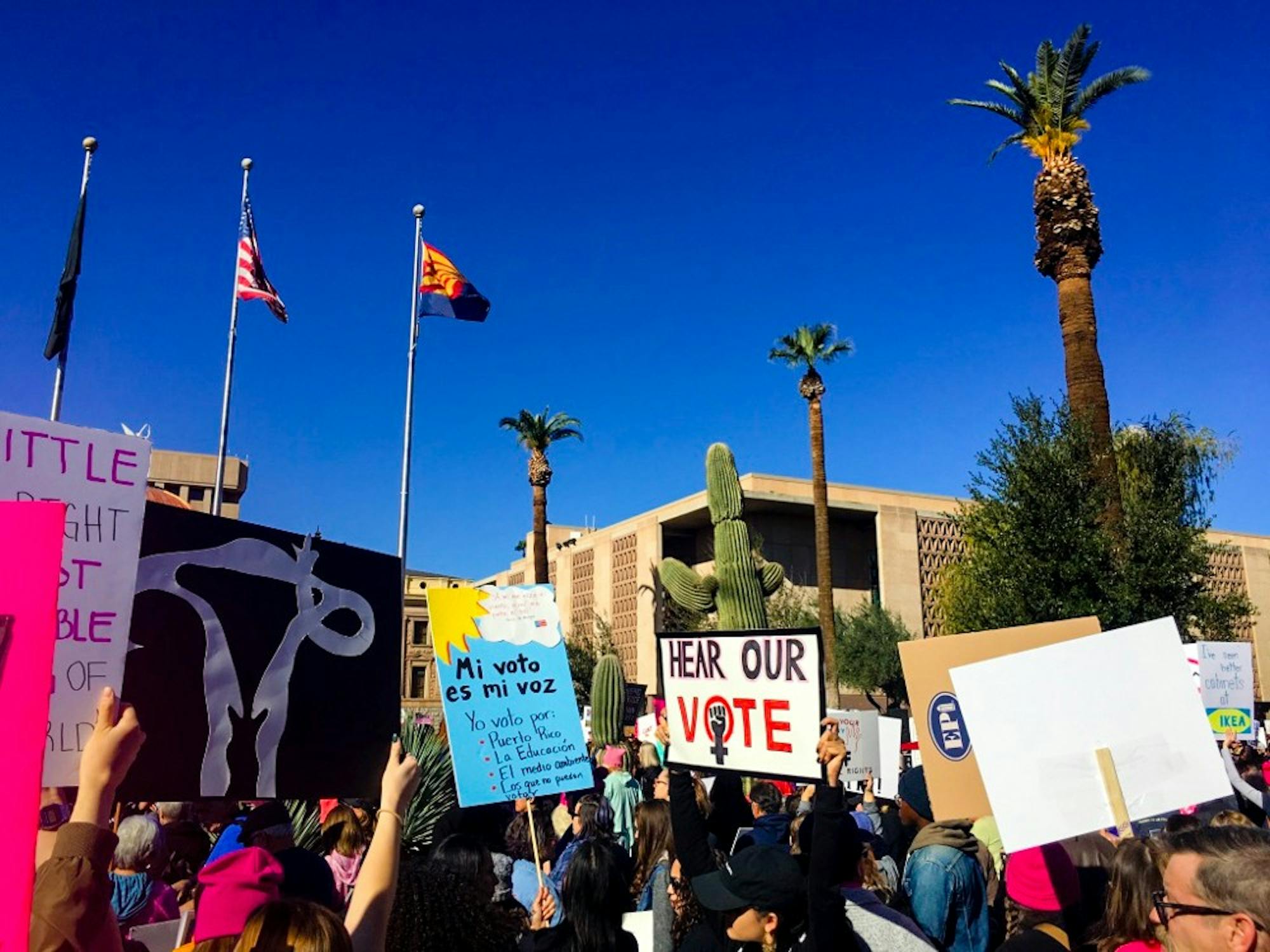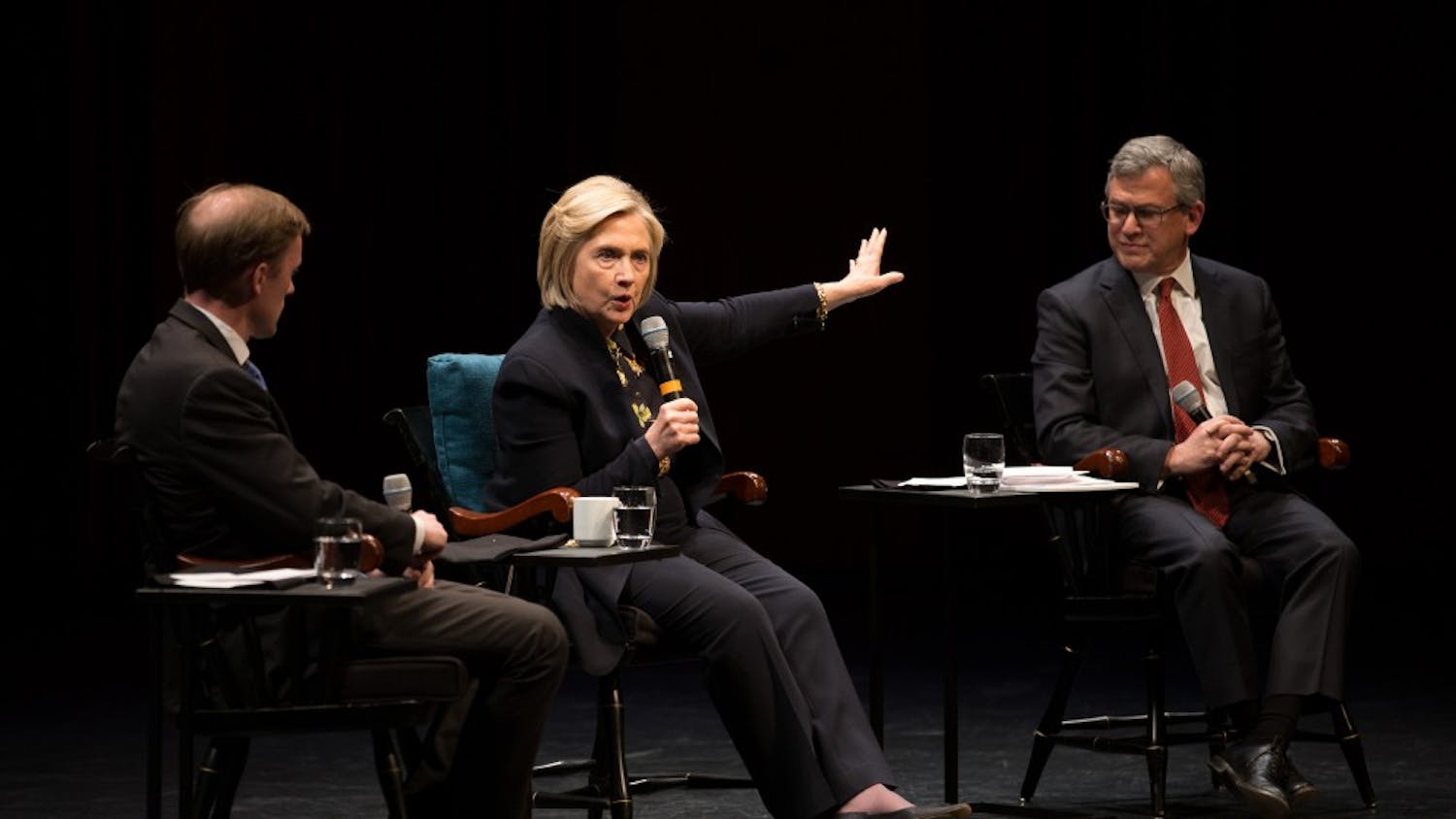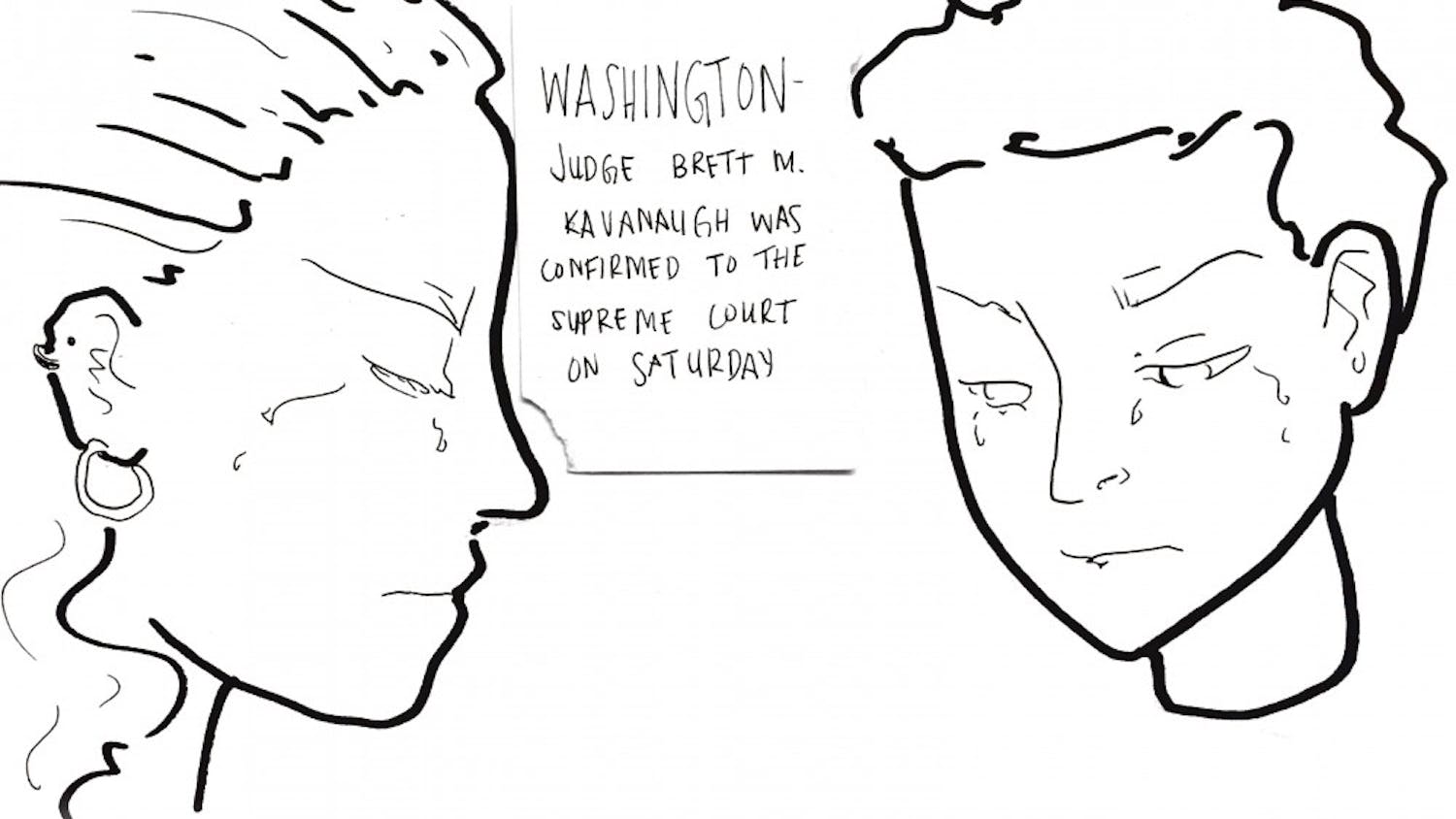Dartmouth opened its doors to women in 1972 in a decision met with much resistance from both staff and male students. Since coeducation, Dartmouth has graduated 47 classes of women, many of whom have pursued careers in politics.
2020 is the centennial anniversary of women’s suffrage. More than just being able to vote, suffrage opened the door for women to get involved in politics and get elected themselves. However, according to history professor Annelise Orleck, it wasn’t until 20 or 30 years ago that we started seeing a rise in the number of women in elected positions.
Globally, the U.S. ranks 75th in women’s representation in government. Despite being over half the population, women only make up 23.5 percent of House of Representatives seats, a record high in 2019. Why this number is so low is hard to pinpoint, but author Kirstin Kanthak, in her essay “Gender Differences in Political Ambition,” cites differences in decision making and risk taking as reasons why women may not seek out political roles.
“Gendered election aversion happens because women are less willing to run for office than are men, even if the structural ‘playing field’ is completely level,” Kanthak writes.
Over the last 70 years, the percentage of women in Congress has increased by over 20 percent, and today, women cast over half of the vote, according to government professor Deborah Brooks in her book, “He Runs, She Runs.” Despite this improvement, Brooks argues, underrepresentation of women in government prevails and leads to the marginalization of women’s issues and opinions.
“Women in political power also empower other women in a symbolic sense by simply being in office: participation, efficacy, and political interest have been found to increase substantially among women when they are represented by women,” Brooks writes. “This effect reaches into future generations as well: David Campell and Christina Wolbrecht found that adolescent girls had a higher level of planned political involvement when they were exposed to more highly visible women in office.”
Current Dartmouth students hail from a generation that has had strong female officials to look up to, including some Dartmouth alumni. Dartmouth has given rise to prominent women involved in politics who have become household names, such as Kirsten Gillibrand ’88. Gillibrand began her Dartmouth journey just over a decade after Dartmouth became a coeducational institution. As a student, she advocated for women’s involvement in athletics, completed a senior project on Tibetan refugees, and interviewed the Dalai Lama.
Jennifer West ’20, a government and history major, has been inspired by female politicians she watched growing up, as well as mentors she has found while at Dartmouth.
“I think coming from D.C., I was always exposed to political forces and political actors,” West said. “Being constantly surrounded by people who were trying to make the world a better place was really inspiring for me, and it showed me this pathway. I don’t know if I would have the same goals had I not had those role models growing up.”
West said she constantly tries to keep in mind that many great women came before her and paved the way, but now it’s her job to work to make the world a better place for the future generations.
“I think being a woman is so intrinsic to my identity, so I sort of carry it around with me in all the work that I do,” West said. “I see it as my responsibility to bring up gender in contexts that are not really seen as having that as a component. I feel like it is my obligation to draw attention to gender injustice when it’s not being addressed and when addressing it would provide a valuable improvement to the conversation.”
Just as the 2018 midterm elections were a turning point for the number of women in government, the 2010 midterm elections were a also pivotal moment, according to Orleck, because they resulted in the passing of laws that restricted the rights of women, Orleck said.
“One of the struggles that your generation will have to wage will be not only moving forward towards ever greater equality but, in fact, winning back some of the rights that earlier generations of women activists won but have been eroded over the last few decades,” Orleck said.
The political landscape has improved in the last 100 years. Seeing so many women, including one of Dartmouth’s very own, on the Democratic debate stages this year shows how far we have come.
“Something I really like is that now that there are more women running for higher office, their defining characteristic isn’t that they’re just the woman in the race, and I think that’s going to be really influential going forward,” West said. “I think it’s important to have a space where we don’t necessarily assume that all women are the same or conflate them and their perspectives.”
In moving forward, Orleck emphasized the importance of remembering the past. She strongly encourages all women who want to go into politics study history.
“I think as a culture we are profoundly amnesiac. But I don’t think it’s possible to make reasoned policy decisions without a knowledge of history,” Orleck said.“I think then we have lots of rhetoric floating around in the air that is not tested by the evidence of the past. It’s on the basis of [the past] that we move forward. It’s what we build on, it’s what we reject, it’s what we are inspired by.”




